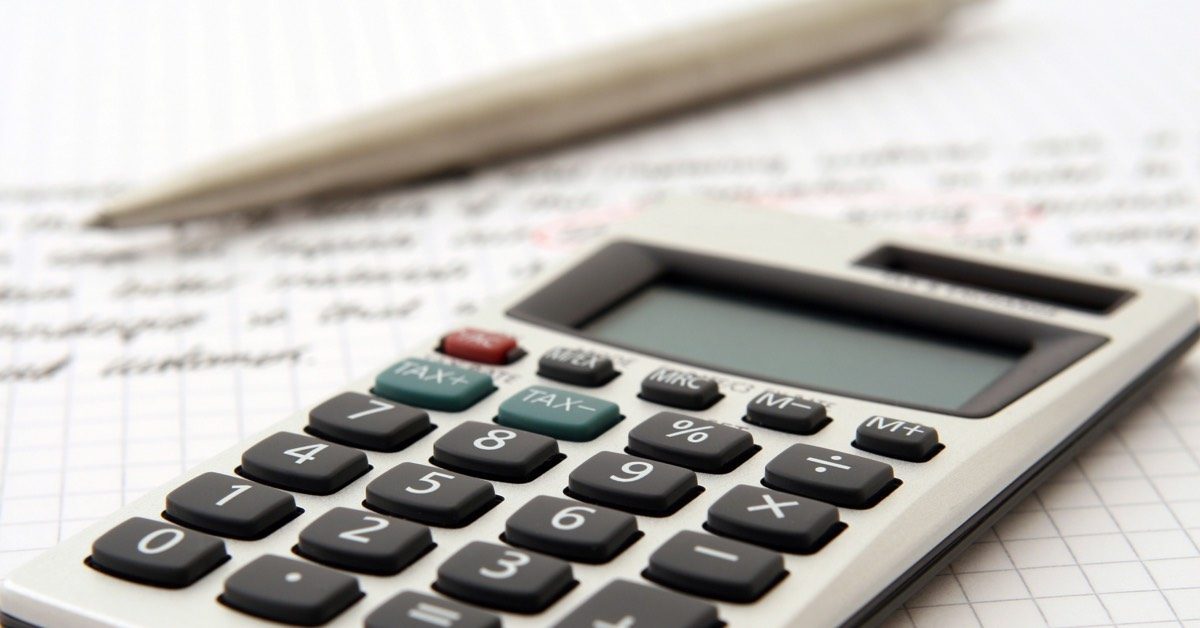(+34) 900 861 374 Mon-Fri: 8:00 to 18:00
(+34) 900 861 374 Mon-Fri: 8:00 to 18:00

What happens if you use your private car to see clients and your living room is your office? When you buy equipment, pay financial charges or hire new staff?
Expenses become tax deductible. And you should make use of that.
In the following we will explain which expenses are tax-deductible when you are self-employed, a freelancer or simply working from home.
Deducting costs means reducing your taxable profits and thus lowering the amount of tax you are liable for.
For example, if your turnover is £50,000 and you claim £10,000 in allowable expenses, then your taxable income is reduced to £40,000. This means you are only being taxed on your taxable income of £40,000 rather than on your full income of £50,000, saving you the amount of tax you would have paid on the extra £10,000.
A deductible or allowable expense is one that is related to the functioning and development of your business, recorded in your accounting and supported by invoices as proof of purchase.
Make use of the Self-assessment helpline if you are unsure about any of your expenses.
You can reclaim VAT paid on goods and services purchased for use in your business. Claims should be submitted through your VAT Returns and your HM Revenue and Customs online account will show you any VAT refund you are owed.
You can also claim R&D relief from HM Revenue and Customs which is an extra corporate tax deduction for certain qualifying expenditures. The relief means you pay less corporate tax or receive payable tax credit if you are a loss-making company. There are different schemes for different sizes of companies so ensure you are informing yourself about the scheme that applies to your company.
If you are making profits from patents of yours, you cannot claim more expenses but you should be paying a lower corporate tax rate of 10% on the revenue that stems from the patents.
This is often the case if you are working from home or have only recently started your business leading you to use your personal assets for business reasons.
You are usually able to claim a proportion of your expenditures using a reasonable method of deriving your costs. For example, if you are claiming rent, your rent could be divided by the number of rooms or by the amount of time spent working from home. You would only be able to deduct the rent associated with your working space or working hours.
Deductible expenses when working from home include heating, electricity, council tax, mortgage interest or rent and internet and telephone bills.
In this post we aimed to shed light onto what expenses are tax-deductible to help you become aware of how you could be saving money for your business. If you have additional advice or relevant experience, feel free to let us know in the comment section below!
NEED HELP?
VISIT OUR FAQ PAGE AND EXPLORE ALL THE ANSWERS ABOUT NOVICAP YOU ARE LOOKING FOR
